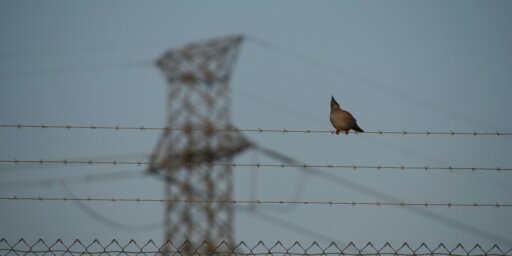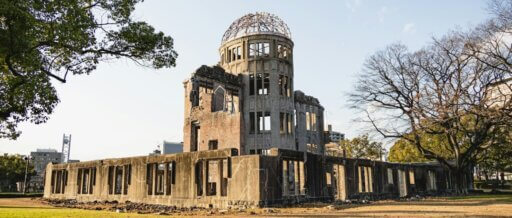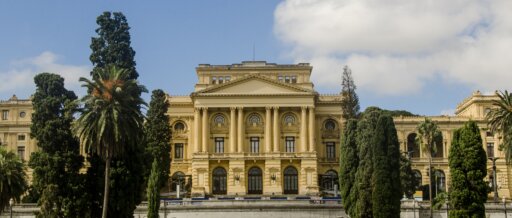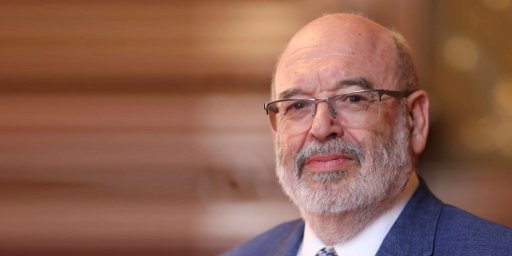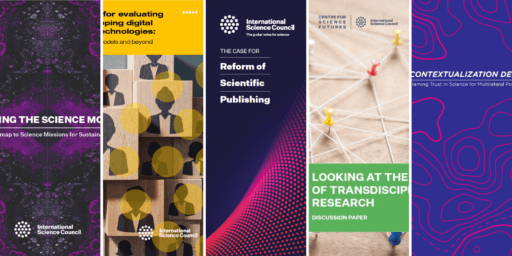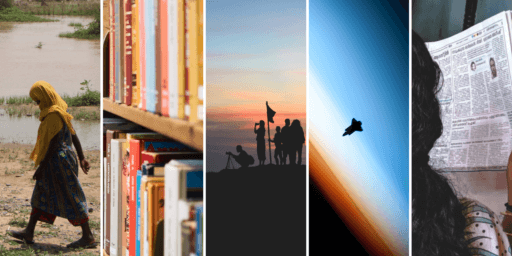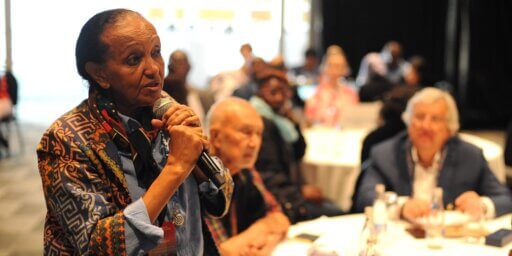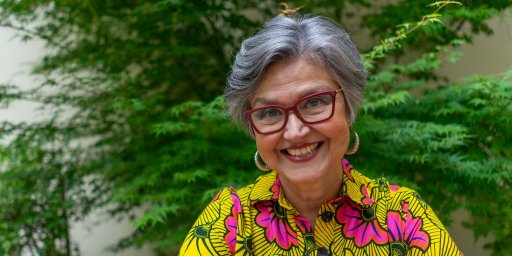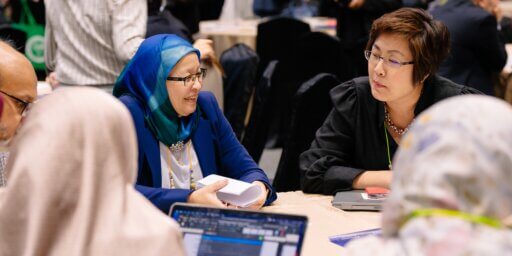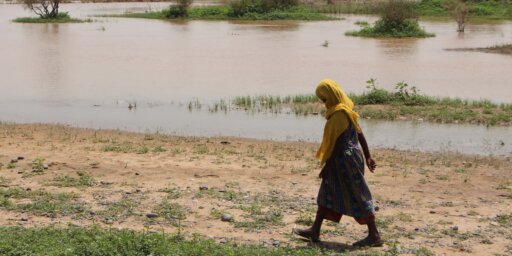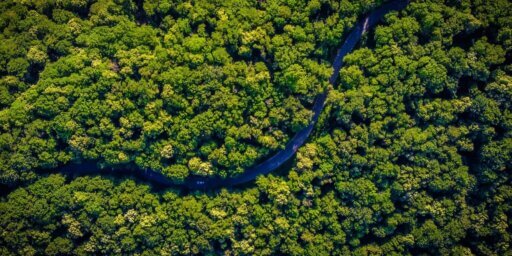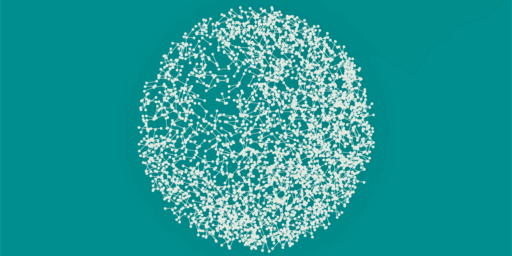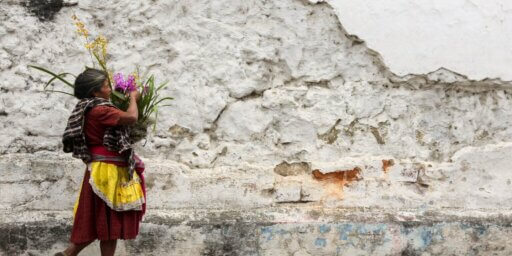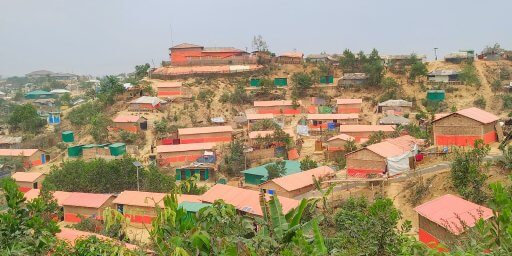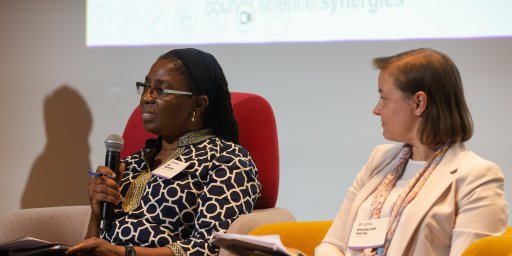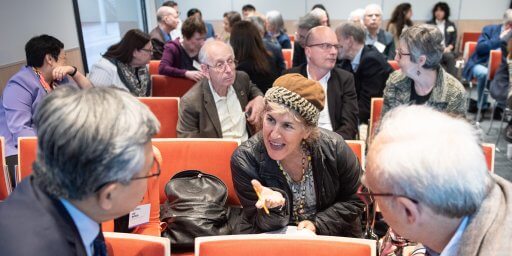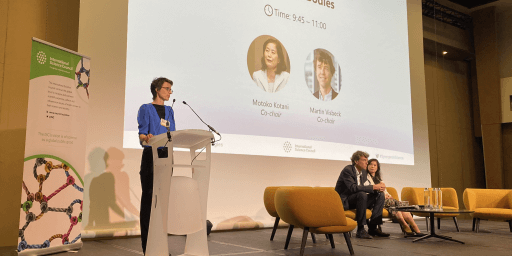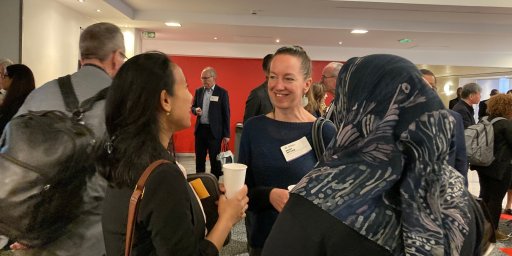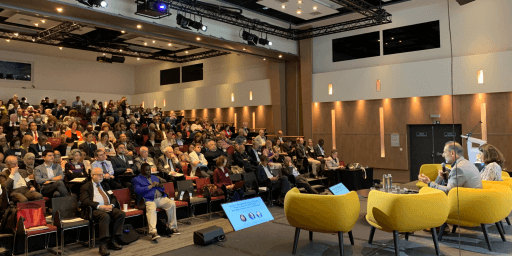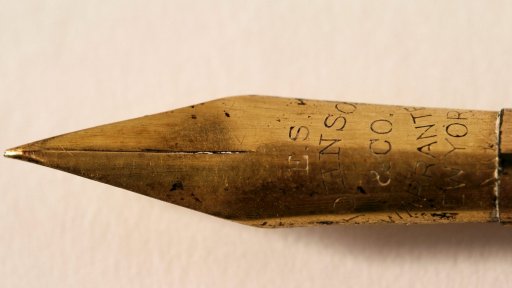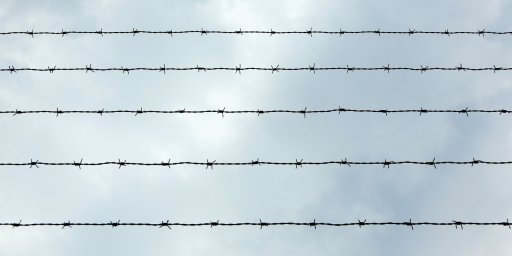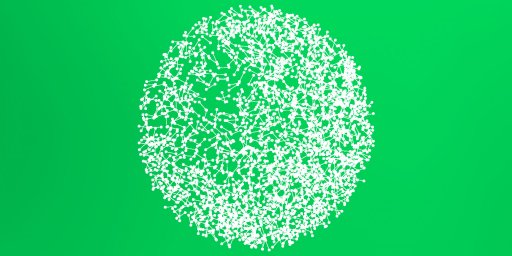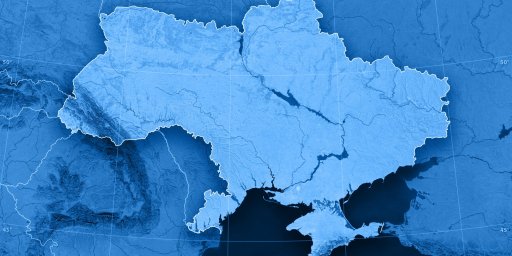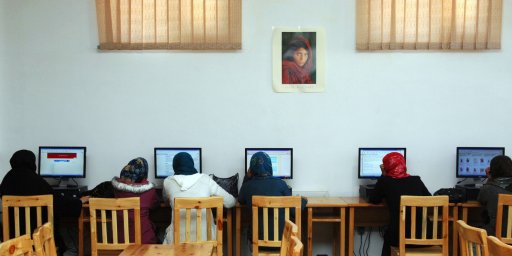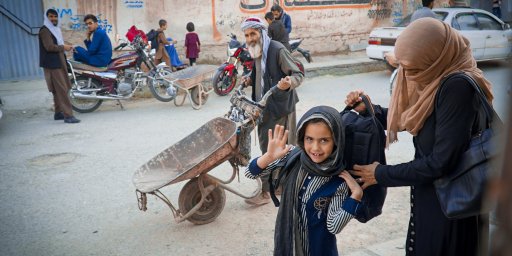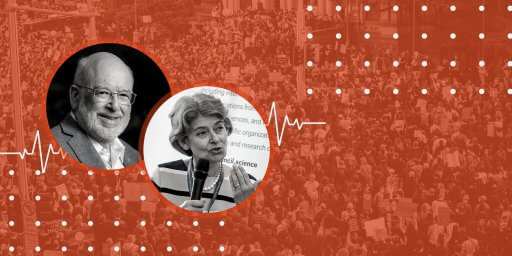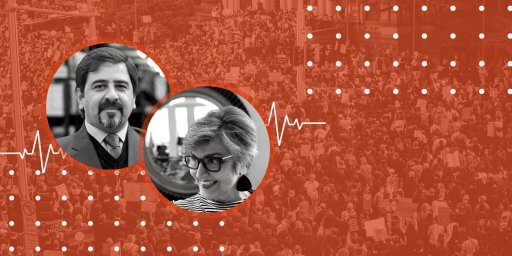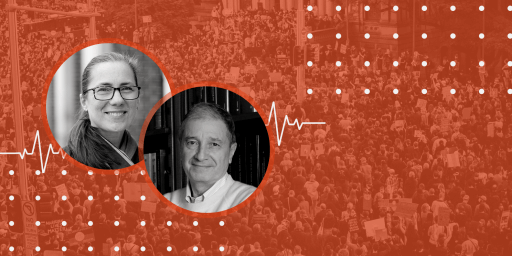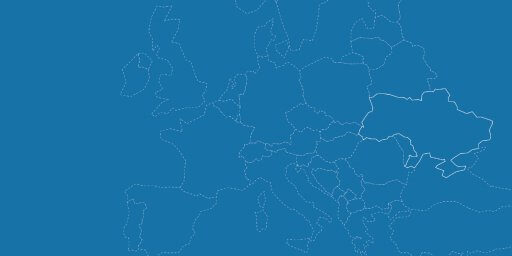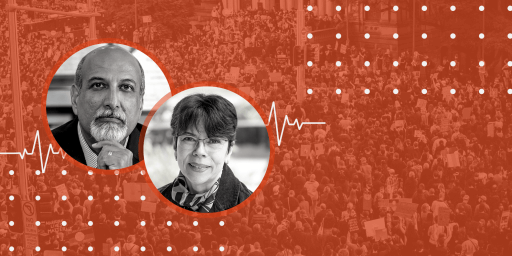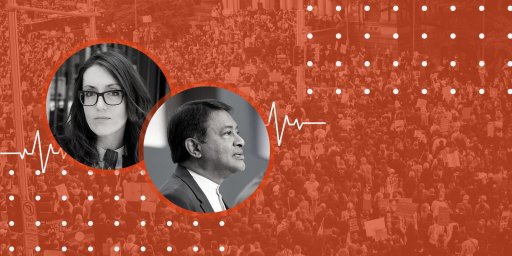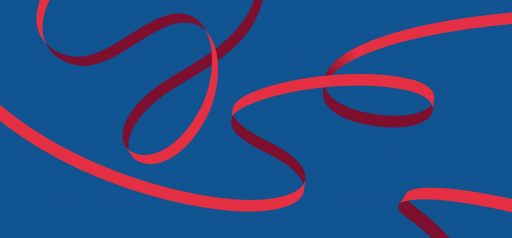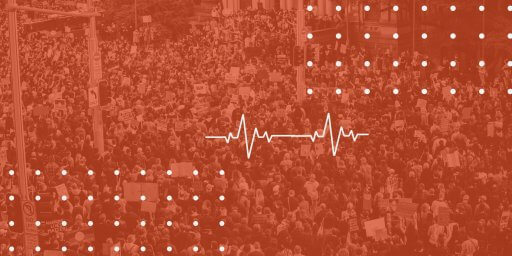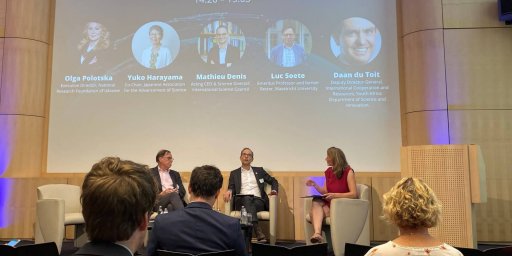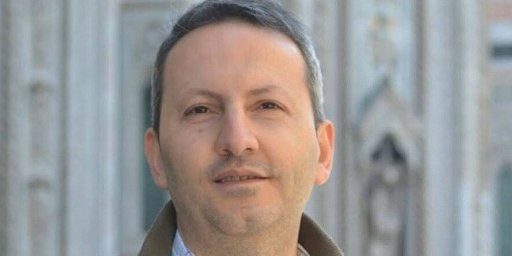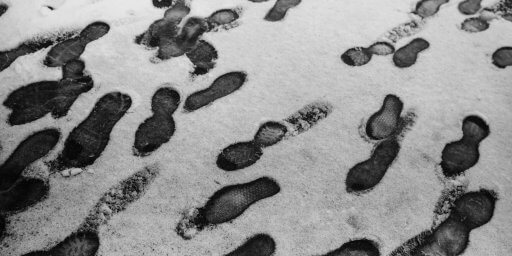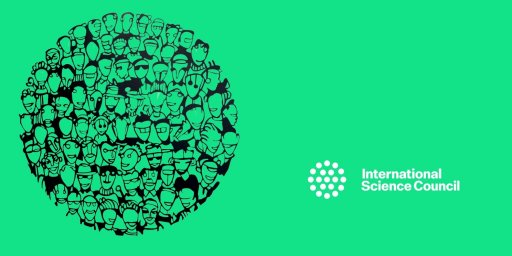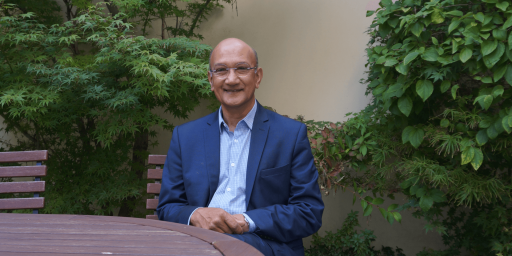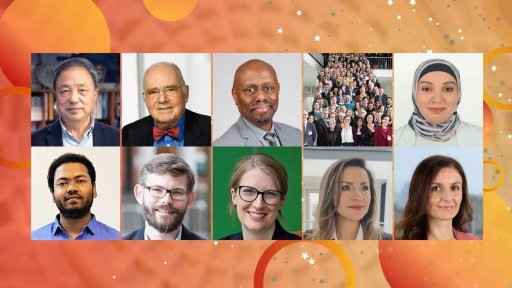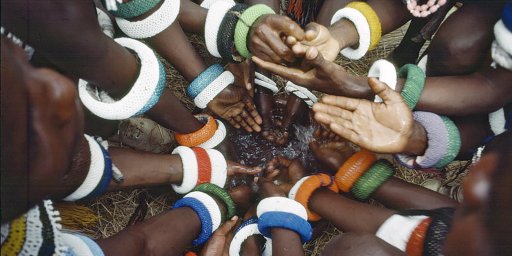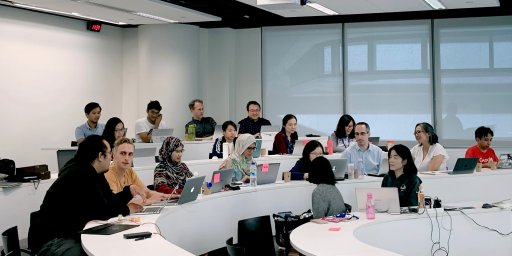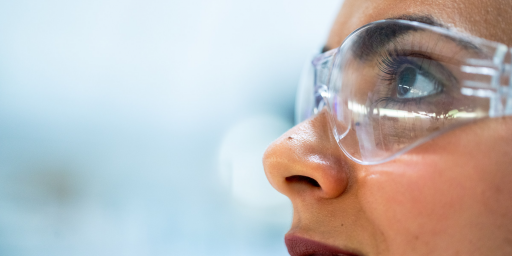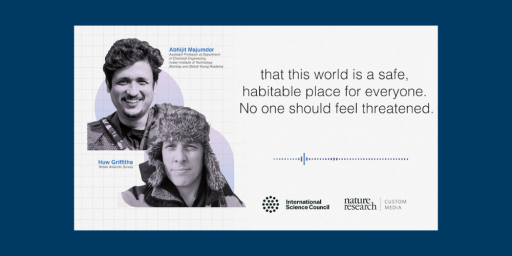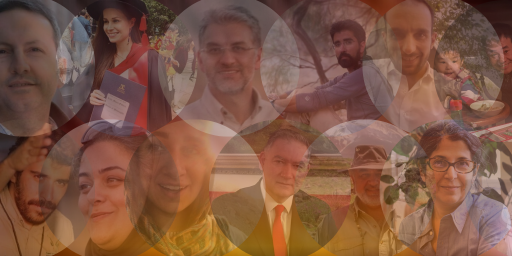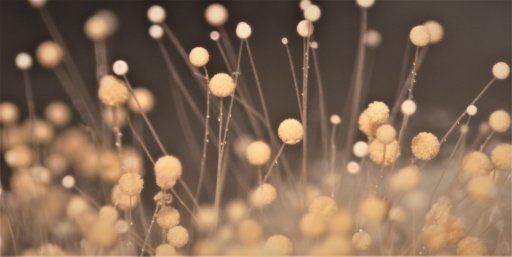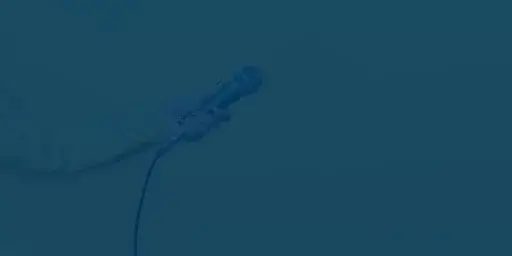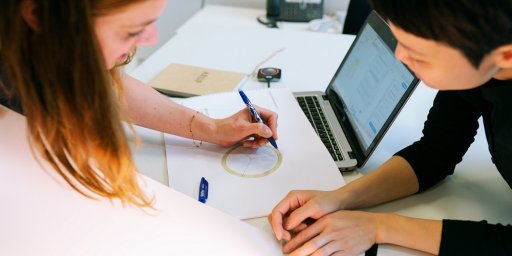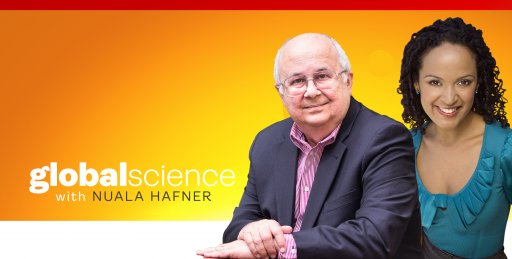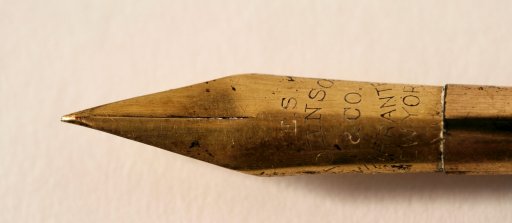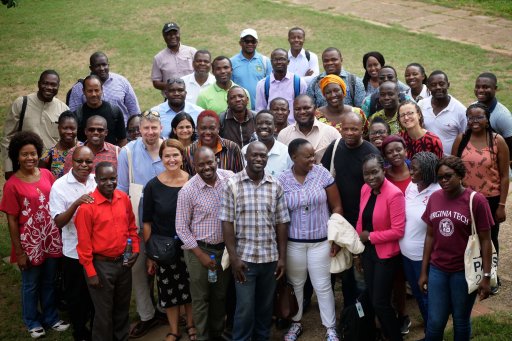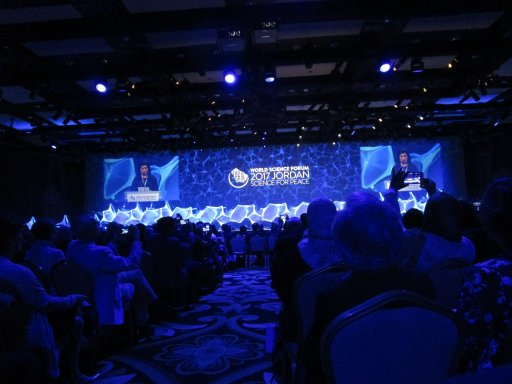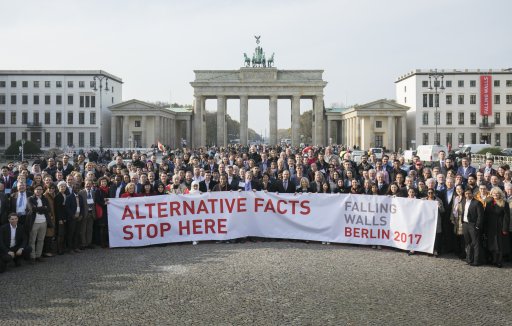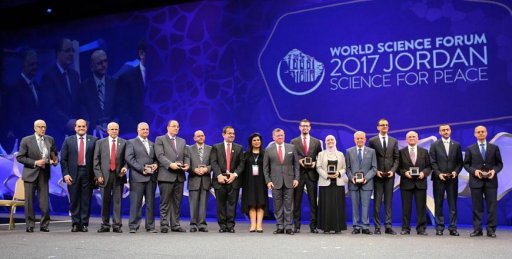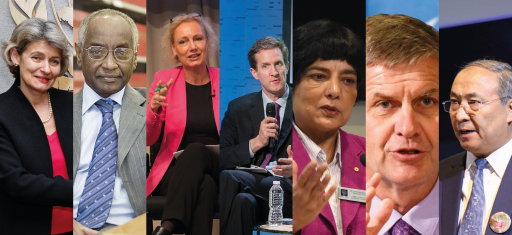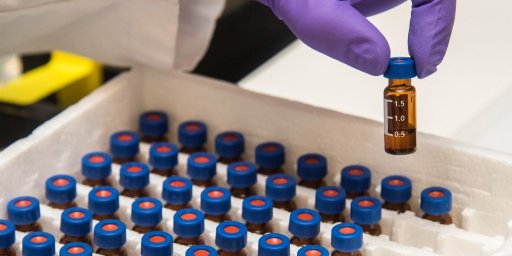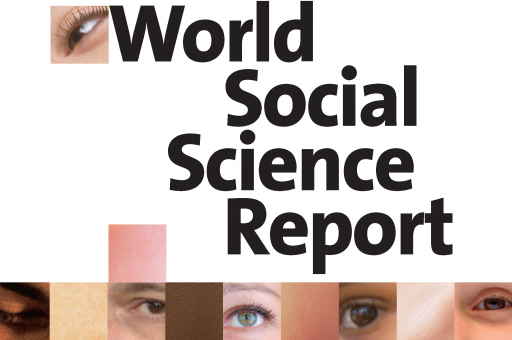1 October 2021 – A joint statement from the International Science Council (ISC) and the Interacademy Partnership (IAP).
In the past few weeks, the world has witnessed harrowing scenes from Afghanistan as thousands of Afghanis attempted to join nationals from other nations in fleeing the country via Kabul airport.
In a country already weakened by long-standing conflict, the aftermath of the Taliban takeover of the Afghan government has left an uncertain and increasingly threatening situation for many Afghan citizens. As reported in Nature, but given little media attention elsewhere, however, is the precarious situation of the nation s scientists, doctors, engineers, and others with advanced academic and technical training, as well as current students. Indeed, reports of scientists being hunted in door- to-door searches are particularly concerning, especially now that evacuation flights have more or less ceased.
IAP and ISC call upon governments worldwide to support Afghan scholars both in Afghanistan and abroad, and to make all efforts to ensure that Afghan citizens have the right to participate in science and education, with particular regard to women and at-risk groups.
The right to education and the right to science to engage in scientific enquiry and to share in and benefit from advances in science and technology are enshrined in the Universal Declaration of Human Rights.
In this regard, we add our voices to those who urge governments and science institutions, especially in wealthy nations, to take action for Afghanistan’s scholars and researchers, including those of Scholars at Risk1 and the Global Young Academy.
Every single Afghan scientist is a precious resource in a country that has seen decades ofunrest and, until these past few years, severe under-investment in higher education and the research enterprise. In the past two decades, many public and private universities have been established or re-established, and there has been significant progress on literacy rates since 2016 (UNESCO).
Only with international support can we retain a trained cadre of Afghani scientists ready to assist their country when it becomes possible to do so again.
As an immediate priority, attention must turn towards assisting scientists that have successfully fled the country and who may now be seeking asylum elsewhere, and to those Afghan students and scholars currently pursuing their work and education in other countries around the world, especially women scientists and students, and who may not wish to return to Afghanistan.
IAP and ISC urge action to support affected Afghan scholars and students for the foreseeable future, for example through the establishment of dedicated fellowships, or through waiving any intent-to-return clauses that may affect current research or study opportunities for Afghan scholars. In line with the non-return advisory for Afghanistan issued by the UN Refugee Agency, no Afghan scientist or student should be required to return to Afghanistan if they do not wish to do so.
A number of organizations with programmes to assist at-risk, displaced and refugee scientists do exist but resources are limited and the demand is great. IAP and ISC commit to work closely with other bona fide assisting organizations 2 to ensure effective coordination between the different programmes and organizations to support a maximum of Afghan scholars and students.
Three immediate actions are required:
- We encourage Afghan scientists, wherever they are located, to make themselves and their current situation known to any one of more of the bona fide organizations that may be able to assist. We encourage them to, if possible, ensure that their degree certificates and evidence of other professional accomplishments are in a safe space, perhaps uploading details to secure sites in the cloud, with trusted contacts at universities outside Afghanistan, or with the United Nations.
- We urge universities and research centres, wherever they are in the world and especially those in the west/central Asia region to step forward and offer to host Afghan scientists. Such offers could be in partnership with a bona fide assisting organization or via newly-created opportunities. Short-term positions can act as useful stepping- stones for affected Afghan scientists, but longer-term opportunities (more than two years) should be made available. We urge universities and research centres that have the possibility to assist to make themselves known to us or other bona fide assisting organizations.
- We urge governments and research councils to provide the funding necessary to welcome Afghan scientists, either via existing or exceptional measures. Such support should take into account families, language training and cultural integration, as well as professional mentoring in a new academic environment.
IAP and ISC will continue to monitor the unfolding situation of scholars and scientists in Afghanistan, and to share information on opportunities for refugee, displaced and at-risk scholars in line with the aims of the Science in Exile initiative.3
The situation in Afghanistan is particularly critical at the current moment, but regretfully Afghanistan will not be the last country experiencing civil strife, nor the only location in which attacks on academic communities are taking place. There is a need for the global scientific and academic communities, perhaps in collaboration with UN organizations, to develop a unified response to these eruptions. Let us use this ongoing Afghan crisis not only as a trigger for action to protect Afghan scholars, but also to prepare better for the next crisis.
Download this statement as a PDF.
1. EU: https://www.scholarsatrisk.org/2021/08/urgent-appeal-to-european-governments- and-eu-institutions-take-action-for-afghanistans-scholars-researchers- and-civil-society-actors/ US: https://www.scholarsatrisk.org/2021/08/urgent-appeal-for-afghanistans-scholars- students-practitioners-civil-society-leaders-and-activists/↩
2. A non-comprehensive list is available at https://twas.org/sites/default/files/ science_in_exile_key_resources_sept2021.pdf↩
3. See: https://www.interacademies.org/project/science-in-exile and https://council.science/actionplan/science-in-exile/↩
About the International Science Council (ISC)
The vision of the International Science Council is to advance science as a global public good. Scientific knowledge, data and expertise must be universally accessible and their benefits universally shared. The practice of science must be inclusive and equitable, as should opportunities for scientific education and capacity development.
The International Science Council (ISC) is a non-governmental organization with a unique global membership that brings together 40 international scientific Unions and Associations and over 140 national and regional scientific organizations including Academies and Research Councils.
For more information about ISC see https://council.science/ and follow ISC on Twitter, LinkedIn, Facebook, Instagram and YouTube.
About the InterAcademy Partnership (IAP)
Under the umbrella of the InterAcademy Partnership (IAP), more than 140 national, regional and global member academies work together to support the vital role of science in seeking evidence- based solutions to the world’s most challenging problems. In particular, IAP harnesses the expertise of the world’s scientific, medical and engineering leaders to advance sound policies, improve public health, promote excellence in science education and achieve other critical development goals.
IAP’s four regional networks in Africa (the Network of African Science Academies, NASAC), the Americas (the InterAmerican Network of Academies of Sciences, IANAS), Asia (the Association of Academies and Societies of Sciences in Asia, AASSA) and Europe (the European Academies’ Science Advisory Council, EASAC) are responsible for managing and implementing many IAP- funded projects and help make IAP’s work relevant around the world.
For more information about IAP see https://www.interacademies.org and follow IAP on Twitter, LinkedIn and YouTube .

